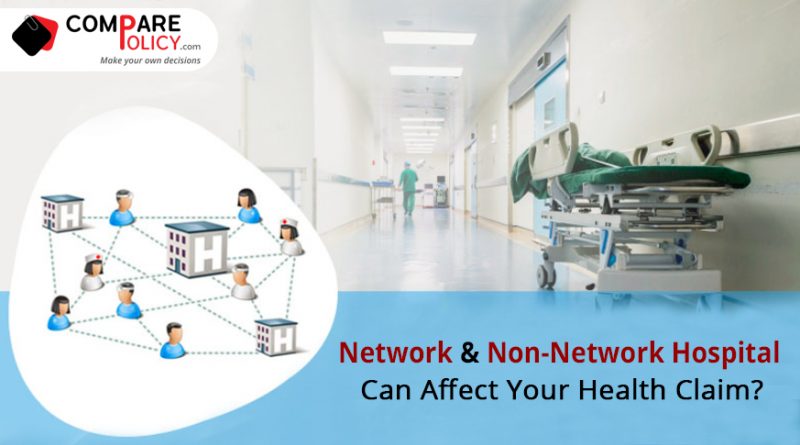What are Network and Non-Network Hospitals? How does It Affect Your Health Claim?
When insurers sell health insurance plans. They are aware that many of the insureds will come back to them. With substantial claims and there will be huge payouts. They are also mindful of the fact that private medical establishments charge higher. From a customer with health insurance compared to the one without a health cover. This would mean losses for insurers. To handle the situation in a profitable manner. Insurers are tied up with a lot of hospitals. And based on a large number of policyholders associated with them. Network and Non-Network Hospitals
They negotiate the cost of treatments with the hospitals to keep expenses in check. Such hospitals become part of the network hospitals associated with a particular insurance company. And other than those hospitals are termed as non-network hospitals.
How does It affect You as the Insured?
We would like to present to you a few scenarios to help you understand how claims on health policies get affected by getting admission in a network or a non-network hospital:
Look, we never know about our future, we always predict and predictions might be wrong but mostly time it goes right, and whenever we think about insurance because of our prediction. At any point in life, we have to face any kind of crisis and mostly this type of problem comes with health issues. We don’t know when an accident will happen to us, because of this and this type of sudden problem makes things different for everyone. Let’s talk about scenarios.
Scenario 1
An insured gets hospitalized in a network hospital without having cashless insurance. He can avail the complete medical treatment and will have to pay the bills from his pocket. After he is discharged, he can submit the claims with all the required documentation to the insurer. The insurer will do the processing and approve the claims as per the policy documents.
Scenario 2
An insured is hospitalized with a network hospital, and he is covered with cashless insurance. The insured’s family members will contact the TPA. And avail cashless hospitalization so that the insured gets the best medical treatment without spending anything on his own. After he is discharged, he can take the necessary claim-related documents for records. As a part of the benefits of health insurance, the only expenses the insured will bear will be those not covered under his policy terms.
Scenario 3
Let’s consider an insured gets admitted to a non-network hospital. Now firstly, whether he has a cashless medical cover or not will matter as the insurance company will not give him the benefit of the same since it’s a non-network hospital. Secondly, he can get the best medical treatment, pay for the entire expenses from his pocket, and after getting discharged, he can reimburse the claim amount with his insurer.
This is where the insurance company will check for the costs in great detail and will only approve the amounts that it finds reasonable enough to be cleared under the policy terms. Therefore, it might approve the entire claim or only a partial amount stating that certain expenses charged by the hospital are on the higher side compared to market norms. This would mean you can’t enjoy the complete benefits of health insurance despite having a health cover and will have to bear the cost of the expenses which are not covered under the scope of your health policy.
As you can see, it makes sense to get treatment in a network hospital. If it’s a pre-planned hospitalization, then you can speak with the TPA beforehand and get the necessary approvals. If it’s a sudden hospitalization, always have a list of network hospitals handy so you can approach a network hospital to get the best out of your health insurance plans whether it’s by way of cashless hospitalization or affordable medical treatment. Only in an emergency should you opt for a non-network hospital.
The insurance providers want to provide you with the best services while at the same time they want to earn profits as well. Having network hospitals is a step in that direction only. As a policyholder, you just need the best treatment without spending money, and dealing with a network hospital provides you with exactly that. All health policies mention the list of network hospitals associated with them; keep them handy for a quick reference in times of need.

